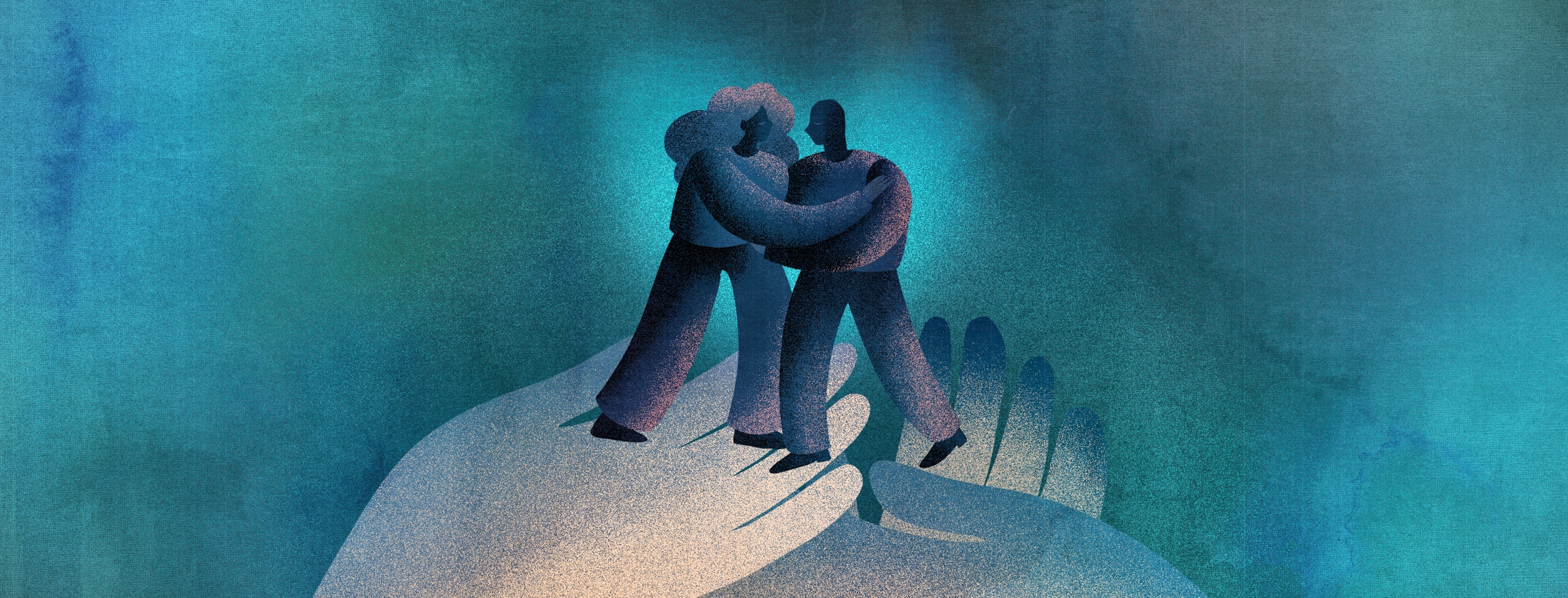Do You Have What It Takes To Be a Caregiver?
My husband is my caregiver. My husband is not a caregiver. There is a difference. I am not telling a tale out of school. My husband would admit it, although reluctantly. He is home with me, and if I tell him exactly what I need, he's there for me.
The problem comes in looking at a situation, assessing what needs to be done, and then doing it. He never has had the "sixth sense," as I call it, to take in a situation and act on it. In case of a real emergency, I am sure he would call 911 and seek help, but would more be needed?
Recognizing essential Alzheimer's caregiver qualities
People with Alzheimer's have a difficult time expressing their needs or can be totally nonverbal.
If you are a caregiver, do you realize your loved one may not be able to communicate their needs to you? Do you assume that if they need something, they will tell you? Can you "read the room" and determine on your own that the person with Alzheimer's might be cold and need a blanket, even if you are not? Can you sense they might be thirsty or hungry even if you are not? Can you tell if they become overtired or need quiet time?
These are some questions you should be honest with yourself about. You may think you are the only trusted person who can be a caregiver in your family, but you may not be.
The importance of asking for help
It is perfectly fine to ask for assistance in some regions of caregiving. You should not be ashamed if you might not be the right fit; others will understand and want to help when they can.
My husband has never been a nurturing person by nature, so I shouldn't expect him to be nurturing toward me. I have discussed it with other members of my family, and they know we will have to make some adjustments. I'm not at a stage where I need full-time caregiving, and that plays a role as well.
Sometimes he takes for granted I can do certain things because I could do it yesterday - why would I need help today?
Multitasking and other practical caregiver qualities
Are you a multitasker? It is helpful in caregiving if you are. My husband has never been one of those people; it is hard for him to think about the big picture. He might see that I am struggling, but not why.
An example of this is in the morning, he may say, "You haven't taken your pills today; I will bring them to you." He will bring me my pills, but not bring me anything to drink to take the pills with. I have to tell him I need a drink.
He doesn't get the big picture. What happens when I can no longer tell him I need a drink? I won't take my pills, and he will get frustrated at me for being stubborn and not wanting to take my medication when all I need is a glass of water.
Caring for yourself can help you care for others
It is extremely frustrating to have to care for someone you love when this is not the person you have known all your life. Don't make it harder on yourself. Seek help for everyone's peace of mind.

Join the conversation